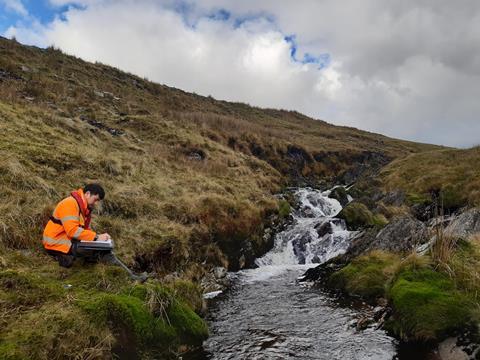RSK Biocensus is latest picked to fill ‘responsible body’ role
The Department for Environment, Food and Rural Affairs (Defra) has appointed a new ‘responsible body’ to work with landowners and developers on conservation.

RSK Biocensus is the fourth designated responsible body picked since the position was established earlier this year, joining Harry Ferguson Holdings Limited, Natural England and Northumberland County Council.
Responsible bodies were created by the Environment Act 2021 to ensure the objectives of a conservation covenant are secured and delivered, monitoring compliance and enforcing breaches.
Introduced by the same act, conservation covenants are agreements on how an area of land can be used by landowners and developers and can have positive obligations as well as restrictions.
Each organisation designated as a responsible body can decide whether to take on a particular site and be the counterparty to a conservation covenant.
RSK Wilding, the biodiversity net gain team at RSK Biocensus, an ecological consultancy, will take the lead on this work
Natalie Bryce, senior legal adviser at RSK Wilding, said: “The beauty of conservation covenants is that they offer a quicker, more flexible and more effective way of ringfencing land for a certain use as opposed to using a planning obligation (or section 106 agreement).
“Our shared goal is for the landowner to be able to protect, conserve or enhance the land as they wish and get the planning permissions they need if BNG is needed for a development.”
Bryce said that the role of the responsible body was to provide the legal solution by way of a conservation covenant, which will be drafted by RSK Biocensus’ legal team.
>> Biodiversity Net Gain rules come into force for small sites
>> Will the government’s biodiversity plans prove a net gain for the housebuilding sector?
“We will also monitor the landowner’s obligations under the covenant to ensure the land is being used as it should,” she said, adding that the system would be particularly useful given the recent change in planning law.
“From 12 February this year, most planning permissions, with some exceptions, will be granted only if the landowner or developer can show that they are not just offsetting their biodiversity loss but are replacing it with a minimum 10% BNG over a period of 30 years or more,” she said.











No comments yet